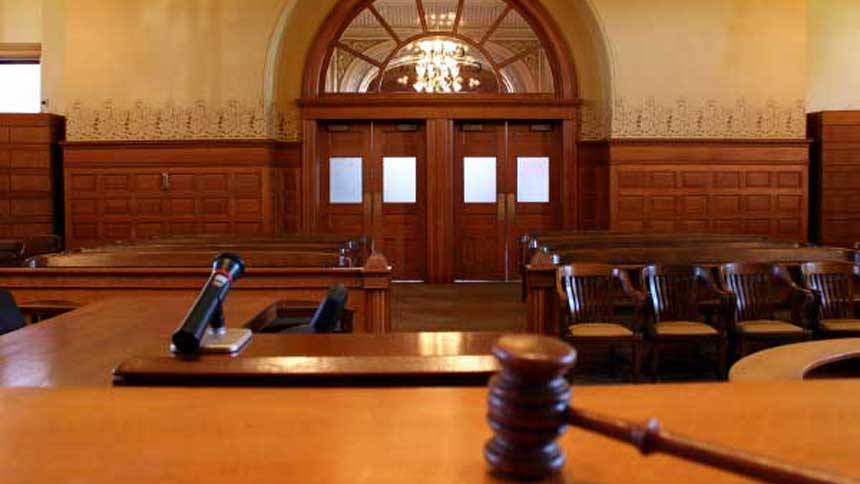
The Court continued in relevant part: After a number of days of deliberation, the jury found Greene and Lewis guilty of felony murder and related offenses. The Appellate Division overturned both convictions because the prosecutor’s unsupported opening statement that Greene had confessed to his grandmother was “too prejudicial to both defendants to be remedied by the court’s cautionary instruction.” The New Jersey Supreme Court granted the State’s petition for certification.
The prosecutor’s detailed account of Greene’s incriminating statement to his grandmother was not likely forgotten by the jury, despite the trial court’s best efforts in providing a curative instruction. That the prosecutor acted in good faith, moreover, did not abate the damage done to Greene’s ability to receive a fair trial, particularly because the evidence against him was not overwhelming and the prosecutor’s opening had the capacity to tip the scales in favor of a conviction. The Court therefore affirms the judgment of the Appellate Division ordering a new trial for Greene.
However, the prosecutor’s reference to the grandmother’s expected testimony did not implicate Lewis. Additionally, the State presented a more compelling case against Lewis, which included DNA evidence connecting him to the crime and other independent corroborating evidence of his guilt. In Lewis’s case, the prosecutor’s opening was harmless beyond a reasonable doubt. The Court therefore reverses the judgment of the Appellate Division ordering a new trial for Lewis and remands for consideration of the unaddressed issues he raised in his direct appeal.
Because the testimony of witnesses is not always predictable, proceeding with a modest degree of caution in an opening statement may be the safer course when the anticipated testimony is fraught with uncertainty. A prosecutor who describes in excessive detail the testimony he intends to elicit does so at his peril if he is unable to deliver the evidence. Clearly, not every variance between a prosecutor’s opening statement and the actual presentation of evidence will constitute reversible error, particularly when the court gives a proper limiting instruction. Nevertheless, some remarks included in an opening statement could be so prejudicial that a finding of error would be unavoidable.
The trial and appellate attorneys did a great job for the defendant in the case. Things like this have happened many times with prosecutors’ opening statements. This is the first time the issue made its way to the New Jersey Supreme Court.
